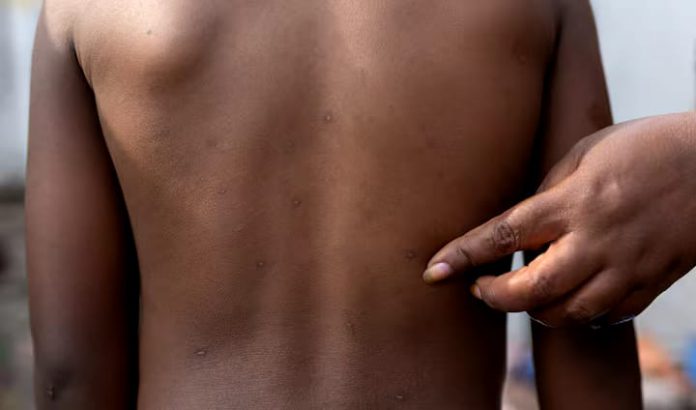To prevent mpox from entering the country, the Ugandan government has intensified surveillance in its border areas with the Democratic Republic of the Congo (DRC), which is a hotspot for the virus.
Currently, Uganda has no active cases of mpox, according to the country’s Ministry of Health. The two imported cases in late July have been treated and resolved without complications.
Up to now, the ministry has designated more than 20 districts along its border with the DRC as high-risk areas for mpox transmission.
Uganda’s health authorities also rolled out a nationwide training program for health workers to help them better detect and isolate suspected cases.
“We have already intensified our risk communication for prevention, we have also ensured that our laboratory systems are triggered to ensure that they are quick to pick any suspected cases for testing,” said Emmanuel Ainebyoona, a senior public relations officer at the ministry.
The World Health Organization (WHO) declared last Wednesday that mpox, formerly known as monkeypox, a public health emergency of international concern, raising alarms about its potential for increased global transmission.
Now, Uganda is in touch with WHO to access potential life-saving mpox vaccines, as part of the country’s preparedness and response plan against the viral disease.
“Uganda is a known leader as far as responding to re-emerging and emerging epidemic diseases. We have demonstrated this during the Ebola and Marburg outbreaks. So, the mpox finds a very resilient system that will be able to prevent its transmission internally,” said Ainebyoona.
According to WHO, the current mpox outbreak, spreading from the DRC, has been exacerbated by the emergence of a more lethal new variant of the virus, Clade 1b, which has a mortality rate estimated at 3.6 percent, significantly higher than previous strains.
According to the African Union’s health agency, the number of new mpox cases reported in 2024 represents a 160 percent increase compared with the same period in 2023.











